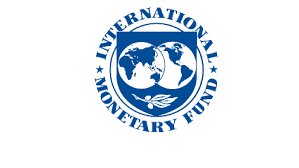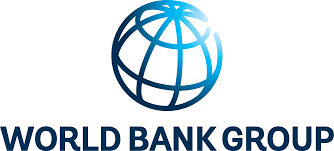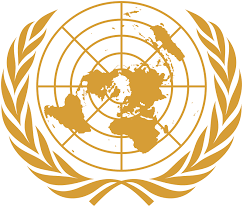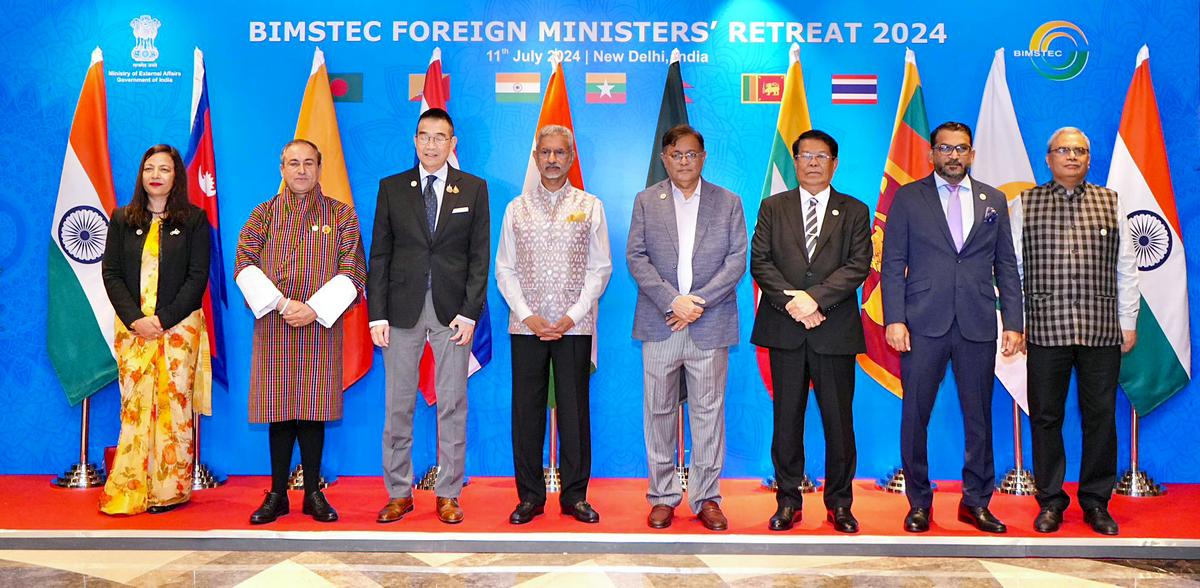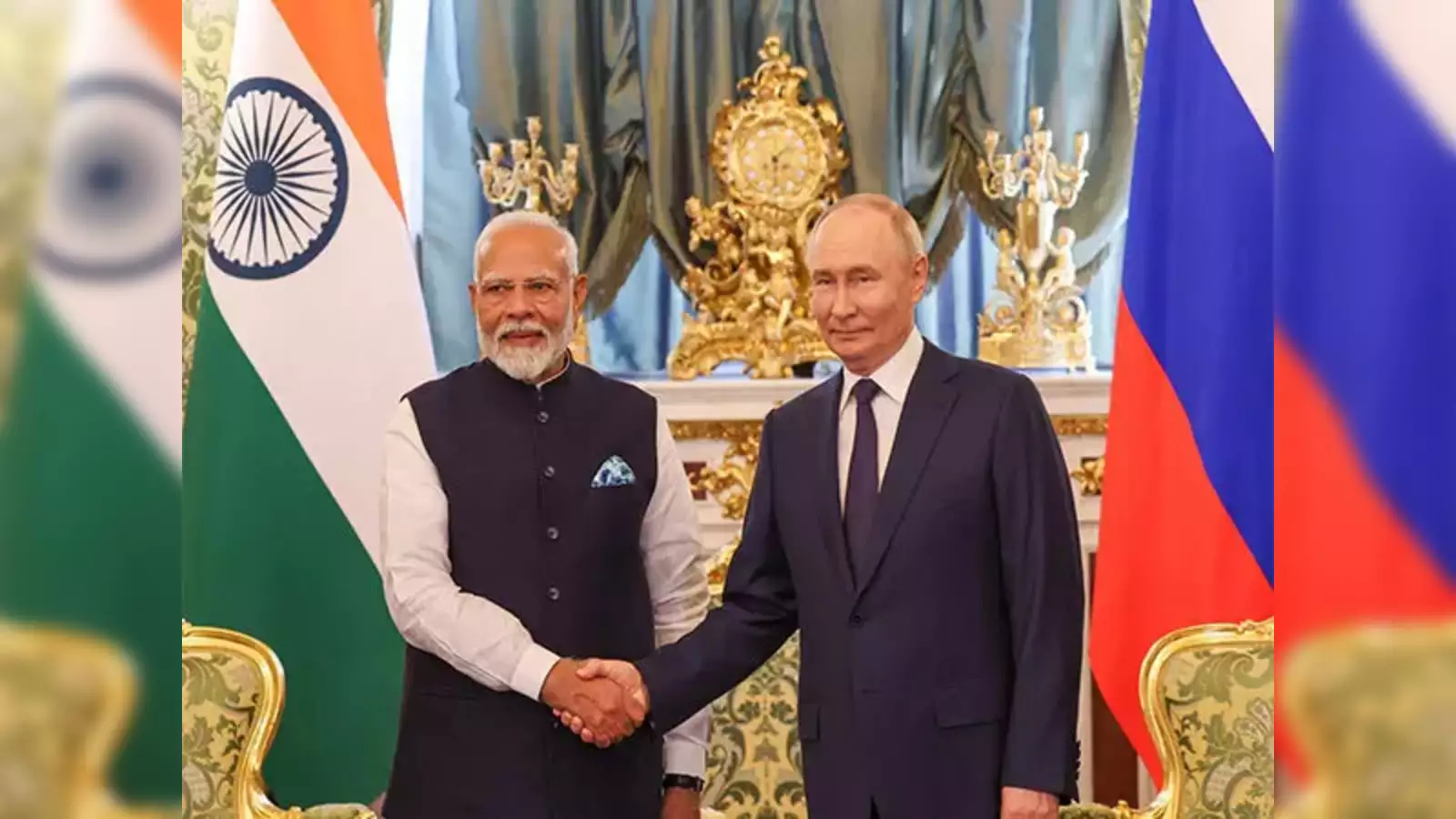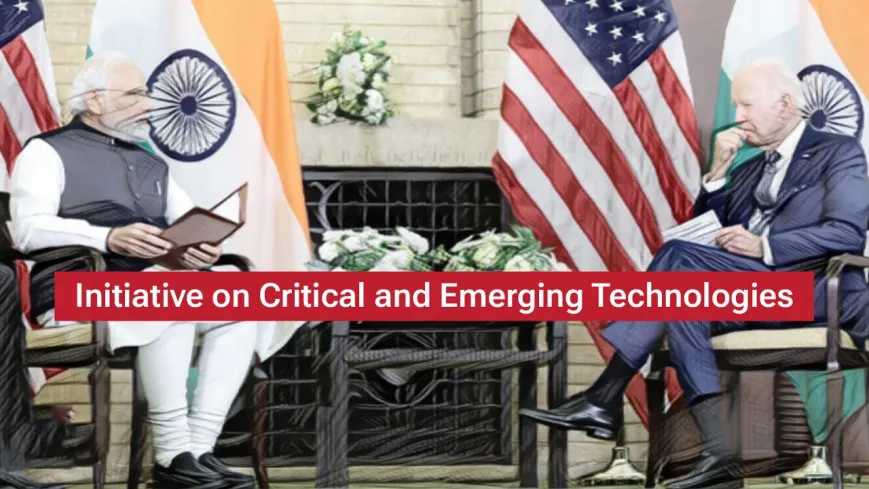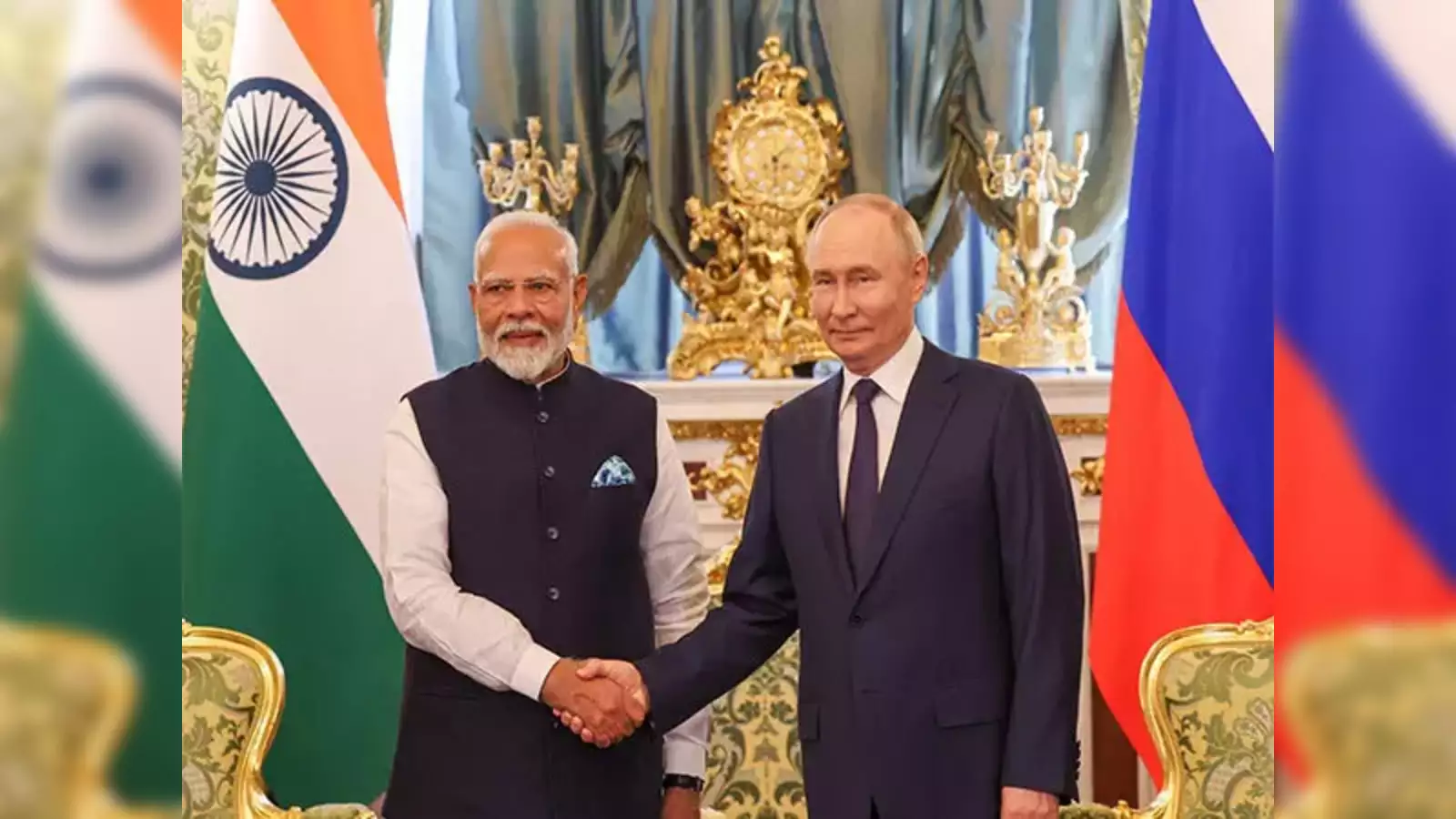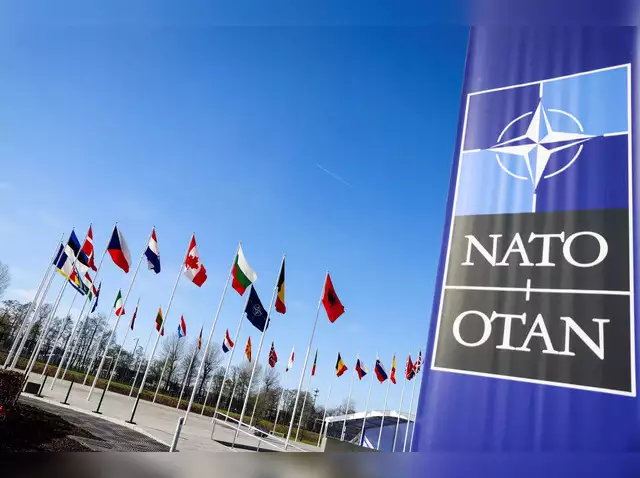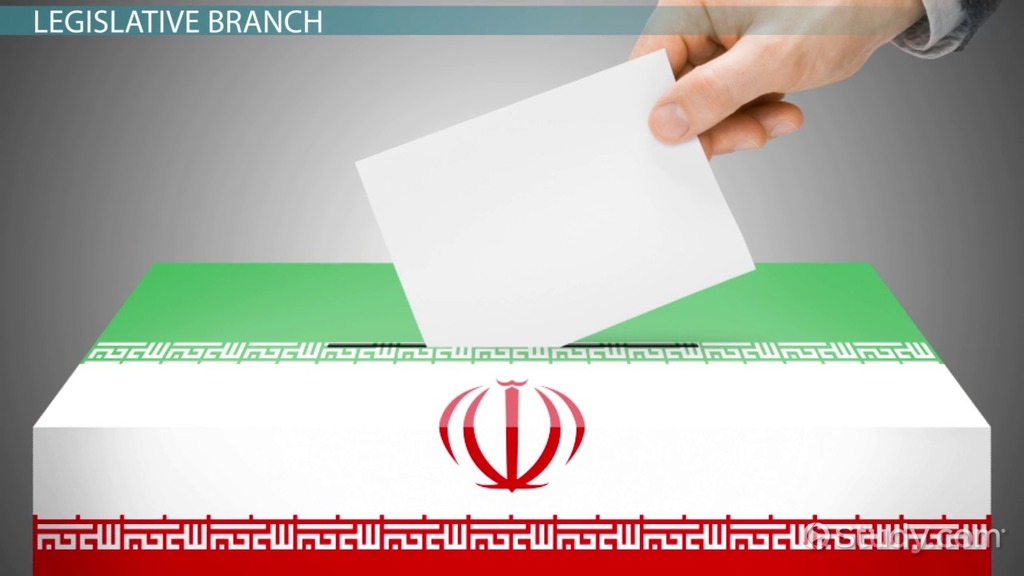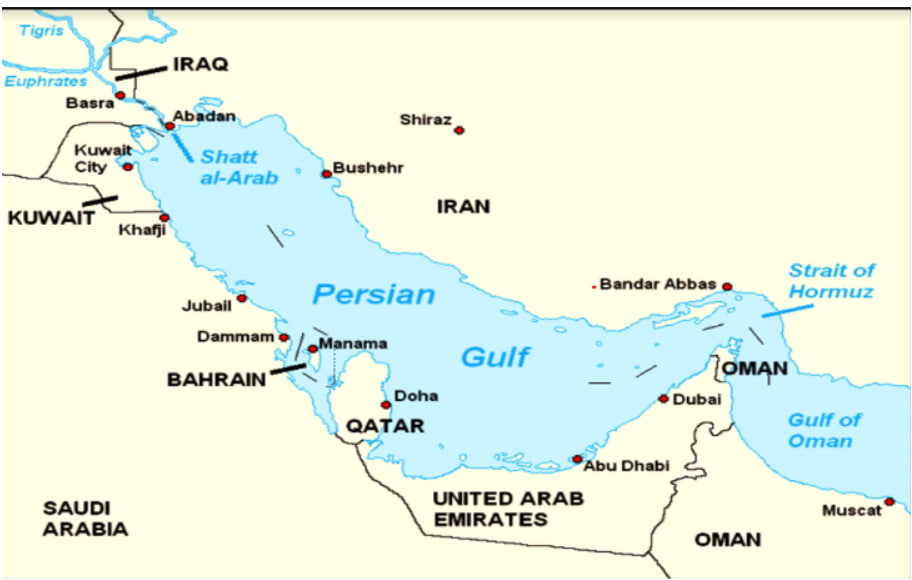The Hindu : Page 04
Syllabus : GS 2 : International Relations
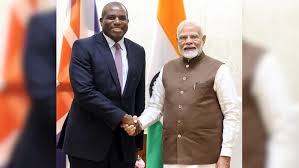
Prime Minister Narendra Modi reaffirmed India’s commitment to finalising an FTA with the UK during talks with Foreign Secretary David Lammy.
- The discussions focused on enhancing the Comprehensive Strategic Partnership, technology security, and global collaboration, while acknowledging India’s growing global influence and economic significance.
What is a Free Trade Agreement (FTA)?
- FTA is an agreement between the countries or regional blocks to reduce or eliminate trade barriers, through mutual negotiations with a view to enhancing trade.
- It includes goods, services, investment, intellectual property, competition, government procurement and other areas.
- This concept of free trade is the opposite of trade protectionism or economic isolationism.
- FTAs can be categorized as Preferential Trade Agreement, Comprehensive Economic Cooperation Agreement (CECA), and Comprehensive Economic Partnership Agreement (CEPA).
Potential significance of India – UK FTA:
- Significance: Economic Growth: An FTA could boost bilateral trade, opening up new markets for Indian and UK businesses, thus driving economic growth in both countries.
- Job Creation: Enhanced trade opportunities could lead to job creation in sectors such as manufacturing, services, and technology.
- Investment Flow: Increased investor confidence and reduced trade barriers could encourage more foreign direct investment (FDI) between the two nations.
- Technology Transfer: Collaboration on technological advancements and innovation could be accelerated, benefiting sectors like IT, biotechnology, and clean energy.
- Market Access: Indian exporters could gain greater access to the UK market, while UK companies could more easily enter the Indian market.
- Regulatory Cooperation: Harmonisation of standards and regulations could simplify trade processes, reducing costs and increasing efficiency.
- Strategic Partnership: Strengthening the economic relationship could also enhance geopolitical ties, allowing for greater cooperation on global issues such as climate change and security.
- Consumer Benefits: Consumers in both countries could enjoy a wider variety of goods and services at competitive prices.
Challenges:
- Regulatory Differences: Divergent standards and regulations between India and the UK could complicate trade negotiations and implementation.
- Tariff Barriers: Negotiating mutually acceptable tariff reductions on sensitive goods and services could be challenging.
- Non-Tariff Barriers: Addressing non-tariff barriers, such as customs procedures and import quotas, may pose difficulties.
- Intellectual Property Rights (IPR): Aligning IPR protections to satisfy both countries’ industries could be contentious.
- Labour and Environmental Standards: Reconciling differences in labour laws and environmental regulations could be a point of contention.
- Agricultural Sector: Protecting domestic agricultural interests while opening markets could be a sensitive issue for both countries.
- Public Opinion: Gaining support from domestic stakeholders, including businesses and labour unions, could be challenging.
- Service Sector Concerns: Addressing the movement of professionals and service sector regulations could be complex.
- Political Will: Sustaining political commitment amidst changing governments and priorities could impact the negotiation process.
UPSC Prelims PYQ : 2017
Ques : Consider the following statements:
1. India has ratified the Trade Facilitation Agreement (TFA) of WTO
2. TFA is a part of WTO's Bali Ministerial Package of 2013
3. TFA came into force in January 2016
Which of the statements given above is/are correct?
a) 1 and 2 only
b) 1 and 3 only
c) 2 and 3 only
d) 1, 2 and 3
Ans : a)

